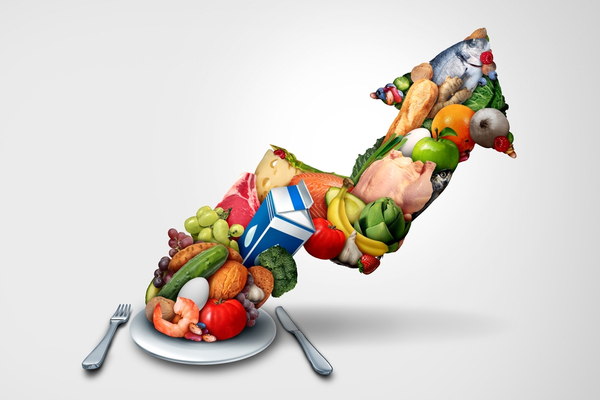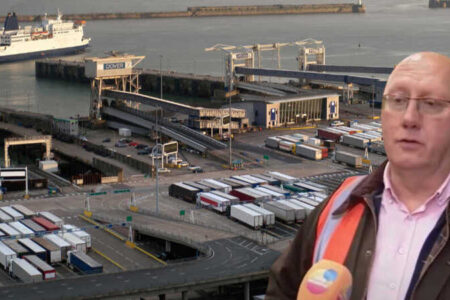FDF calls for action on food inflation on eve of Government summit

FDF continues to call on the government to conduct a robust review of regulation and to act where that's adding to price rises. Image: Shutterstock
The Food and Drink Federation (FDF) believes next Tuesday’s Food and Drink Summit in Downing Street is a critical opportunity for the government and industry to join forces on driving down food and drink price inflation.
The trade organisation says the government must use the meeting as an opportunity to fully engage the food and drink sector on initiatives to drive growth, increase productivity and create jobs while driving down food and drink price inflation.
The FDF believes Government could help take the heat out of high prices by addressing poor regulation, not least the proposed costs of Extended Producer Responsibility, alongside minimising new labelling costs flowing from the Windsor Framework and friction at UK borders.
With food prices reaching a 45-year high after three turbulent years for the sector, the FDF said little more can be done on the part of the sector to keep food and drink affordable for households.
The trade body says that government must join the sector’s effort.
“While a series of recent economic shocks have clearly driven inflation, there are things nonetheless that government can do to ensure that inflation eases,” the FDF wrote in a statement.
With four out of five companies absorbing additional costs in their margins, food and drink manufacturers are doing all they can to protect households from the price rises.
The FDF is calling on government to work together with the sector to make sure food and drink price inflation comes down as fast as possible.
Chief executive of the FDF Karen Betts said the No 10 Summit is timely, with the food and drink sector having been under considerable pressure over the last two to three years.
“We want the summit to forge a better partnership between government and our sector, not least to address the highest food and drink price inflation in 45 years,” Betts says. “There’s work to be done to unlock the huge potential of our sector to invest in technology, innovation, sustainability and future skills right across the UK, which would enhance our global competitiveness, grow our businesses and deepen our resilience.
“Government must focus too on how regulation is contributing to food and drink price inflation. Some regulation is actually inflating costs, not driving them down, where the same outcomes could be delivered in more effective and less costly ways. A lack of join-up between government departments, and a lack of clarity in government teams developing regulation and post-Brexit trading rules, is forcing cost and complexity onto our businesses.”
The chief executive says “critical” changes must be made to plans for Extended Producer Responsibility (EPR) so it prompts “vital reforms” to drive up the UK’s low recycling rates.
“Defra’s plans are simply to tax businesses more without assurances on what this extra money will achieve,” she asserts. “The impact of EPR and other regulation will cause food and drink price inflation to persist longer than it needs to. Government needs to be laser focused on good regulation and driving competitiveness and growth. If they aren’t, shoppers will pay the price in the weekly shop.”
There are three main areas of concern for business.
- Unnecessary costs imposed on businesses must be eliminated. The complex but much needed EPR recycling reforms will pile additional financial burdens on the industry, hindering its ability to maintain affordable prices for consumers. The FDF urges the government to immediately look again at the design of Extended Producer Responsibility and its impact on the sector’s competitiveness and investment prospects.
- The industry wants to see burdensome labelling changes scaled back, as these go beyond the requirements set out in the Windsor Framework. These excessive and costly changes will place undue strain on manufacturers and ultimately lead to higher prices. The FDF urges the government to adopt a balanced approach that considers both consumer needs and the industry’s ability to adapt.
- Reducing frictions at the borders is critical to ensuring a smooth flow of goods and ingredients. Additional bureaucracy and fees will contribute to rising costs, impacting both manufacturers and consumers. The FDF calls on the government to address these challenges promptly and provide the necessary support to streamline border operations.



